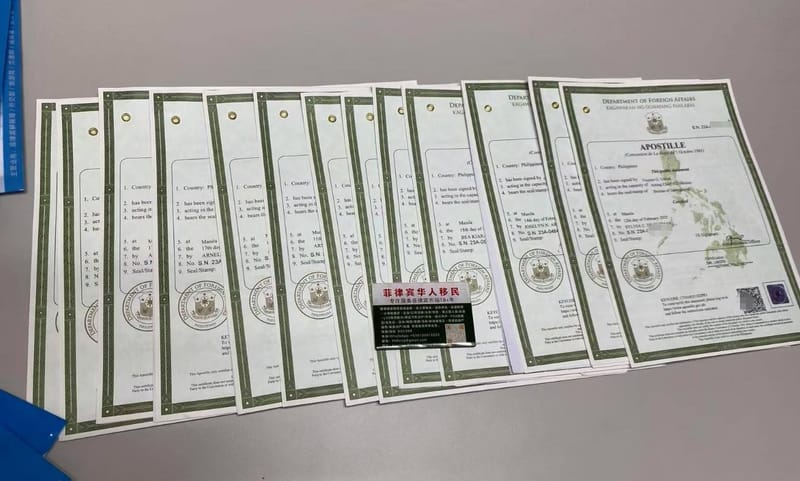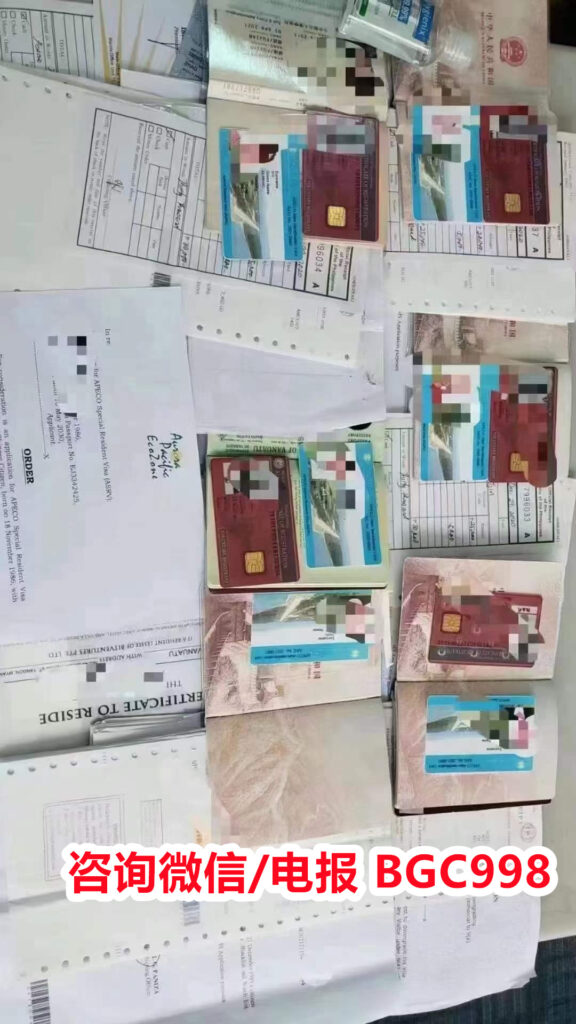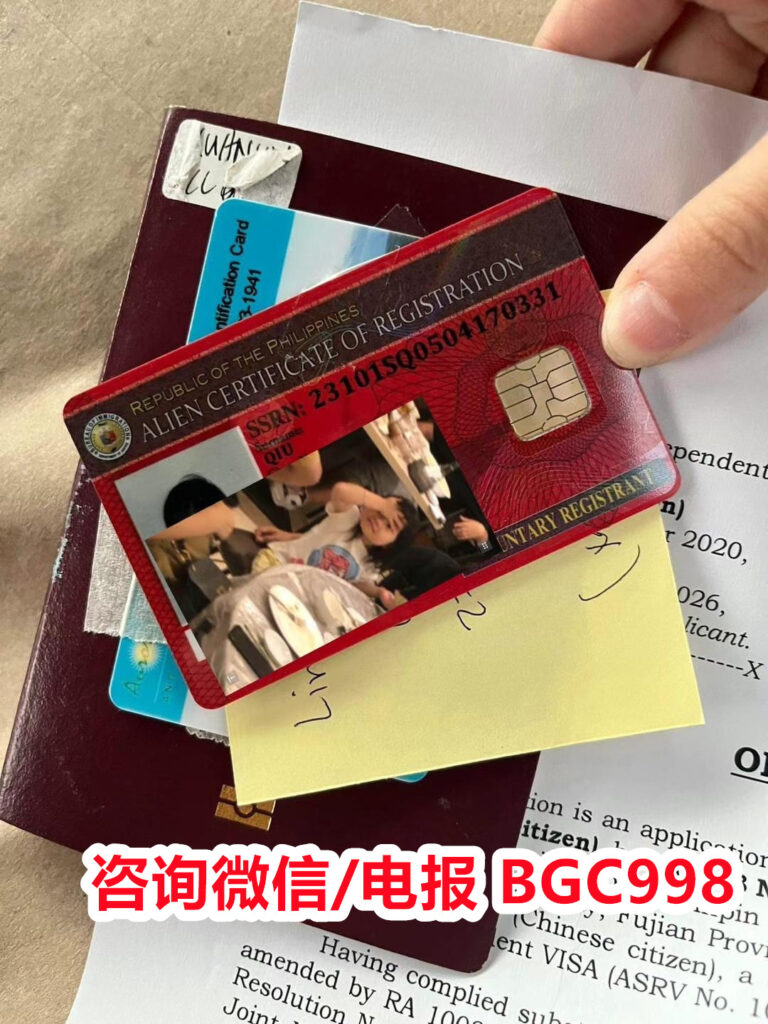Can a Philippines marriage visa (13A) holder apply for bank loans or credit in the country?

Can a Philippines marriage visa (13A) holder sponsor relatives for residency?
A Philippines marriage visa (13A) only directly covers the foreign spouse of a Filipino citizen, but it can indirectly benefit certain dependents such as minor children. For example, if the foreign spouse has children from a previous marriage, those children may be granted derivative visas to reside in the Philippines, provided proper documentation is submitted and they are legally recognized dependents. However, the 13A does not extend to siblings, parents, or extended family members of the foreign spouse. Each relative would need to apply under their own qualifying visa category. What makes the 13A helpful is that it establishes a stable residency status, making it easier for the family unit to remain together. For many mixed-nationality families, this provides much-needed security and a clear legal pathway to live in the Philippines without visa interruptions or dependency on short-term permits.

Does the Philippines marriage visa (13A) expire?
The Philippines marriage visa (13A) is permanent once approved, meaning it does not expire like a tourist or temporary resident visa. However, the Alien Certificate of Registration (ACR I-Card), which serves as the physical proof of residency, must be renewed every five years. In addition, the Annual Report requirement must be completed each year to maintain active residency status. Failure to meet these obligations could result in penalties or, in extreme cases, cancellation of the visa. It is also worth noting that while the visa itself is indefinite, it is conditional on the validity of the marriage to a Filipino citizen. If the marriage is annulled or otherwise legally terminated, the basis for the visa no longer exists. As long as the marriage remains valid and the holder complies with immigration rules, the 13A provides secure, long-term residency in the Philippines.
What happens if a Philippines marriage visa (13A) holder commits a crime?
If a foreign national holding a Philippines marriage visa (13A) commits a serious crime, their residency privileges may be revoked by the Bureau of Immigration. The 13A visa is granted on the condition that the holder abides by Philippine laws and maintains good moral character. Criminal activity, particularly offenses involving drugs, fraud, violence, or threats to national security, can result in cancellation of the visa and deportation. In less severe cases, penalties may include fines, temporary suspension of privileges, or restrictions on travel. A permanent criminal record may also affect future applications for citizenship, property transactions, or business permits. While the 13A provides stability, it is not absolute protection against legal consequences. Foreign spouses must ensure they conduct themselves responsibly and within the bounds of Philippine law to safeguard their residency and protect their family’s long-term security.

Can a Philippines marriage visa (13A) holder apply for bank loans or credit in the country?
Yes, a Philippines marriage visa (13A) holder can apply for bank accounts, credit cards, and even housing or business loans, though approval is often subject to stricter requirements than for Filipino citizens. Since the 13A establishes permanent residency, it reassures banks that the foreign spouse has legal long-term ties to the Philippines. To apply for loans, the foreign spouse must present their Alien Certificate of Registration (ACR I-Card), proof of residency, income documents, and sometimes a co-borrower—often the Filipino spouse. Some banks may still prefer the property or collateral to be under the Filipino spouse’s name due to land ownership restrictions. However, the 13A visa makes it easier for the foreign spouse to build a financial history in the Philippines, establish creditworthiness, and access financial services. This contributes significantly to long-term financial security for mixed-nationality couples.
How long does it take to process a Philippines marriage visa (13A)?
Processing time for a Philippines marriage visa (13A) varies depending on whether it is filed inside the country or through a Philippine embassy abroad. Applications submitted within the Philippines typically take three to six months, depending on the completeness of the documents, the workload at the Bureau of Immigration, and whether additional verifications are required. Applications filed abroad may take longer since documents must be forwarded and reviewed by multiple offices. During this time, immigration authorities carefully check the authenticity of the marriage, the background of the foreign spouse, and compliance with all requirements. Delays often occur if documents are incomplete, improperly authenticated, or require translation. To speed up the process, applicants are advised to prepare thoroughly, double-check requirements, and, when possible, seek professional assistance to ensure smooth handling. The reward for patience is permanent residency and long-term stability in the Philippines.
Does a Philippines marriage visa (13A) guarantee healthcare benefits?
The Philippines marriage visa (13A) provides permanent residency but does not automatically grant access to government healthcare programs such as PhilHealth. However, once a foreign spouse holds permanent residency, they are eligible to enroll in PhilHealth either voluntarily or as a dependent of their Filipino spouse. PhilHealth membership provides access to subsidized healthcare services, hospital discounts, and reimbursement for certain treatments. In addition, the foreign spouse may also purchase private health insurance, which is widely available in the Philippines and offers broader coverage, including specialized medical care. The 13A visa ensures that the foreign spouse can stay in the country indefinitely, making long-term healthcare planning more practical and reliable. For couples with children, this stability is especially important, as it ensures access to medical services for the entire family under both public and private systems.

What should applicants avoid when applying for a Philippines marriage visa (13A)?
Applicants should avoid providing incomplete or fraudulent documents, as immigration authorities conduct strict verification. Submitting unverified marriage certificates, forged clearances, or misrepresenting financial capacity can result in outright denial and even blacklisting from reapplying. Another common mistake is failing to meet deadlines, such as applying after the current visa has expired, which leads to overstaying penalties. Applicants should also avoid neglecting the requirement for medical and police clearances, as these are key to ensuring eligibility. Finally, couples should avoid appearing unprepared during interviews—immigration officers may ask about the marriage, living arrangements, and shared responsibilities to confirm its authenticity. Being open, organized, and transparent helps avoid suspicion. With proper preparation, the 13A process is manageable and leads to long-term benefits, but carelessness can cause significant delays or denials. ★
针对以上话题您是否想了解更多?欢迎联系我们咨询
English/Tagalog Inquiries :
WeChat : dpylanayon
Telegram : @Diadem_Pearl
EMAIL: dplanayon.royalewonders@gmail.com
VIBER:+ 63 939 526 6731 / +63 9176523432
WhatsApp / PHONE:+639176523432
中文咨询
微 信:BGC998 电报@ BGC998 或 微信:VBW333 电报@VBW777
菲律宾998VISA是菲律宾MAKATI 实体注册公司,在菲律宾已经有超过19年服务经验,客户隐私安全保护服务可靠,业务提交可以安排工作人员上门取件或前往我们办公室提交。菲律宾政策时常变化,且信息发布有时间差,有需要相关业务最新资讯欢迎联系我们。
欢迎关注我们的电报TELEGRAM频道
998官方资讯频道 @FLBYM998
日常案例分享频道 @FLBYM998CASE